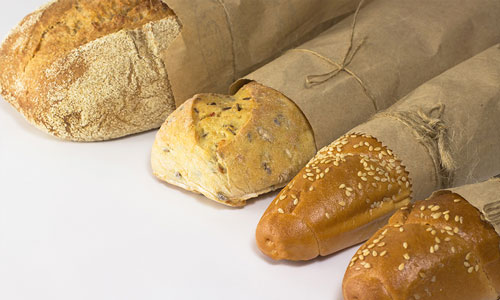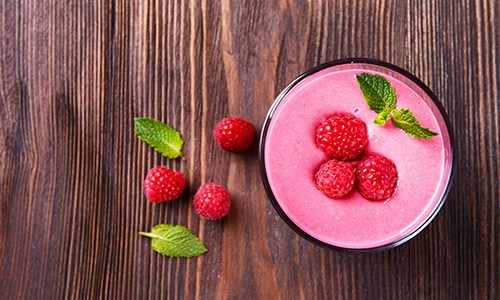What to eat after a workout

When you exercise the body naturally uses its glycogen stores as their fuel source. It may have also broken down and damaged the proteins in your muscle.
While this may seem great as you are using calories, post-workout nutrition is vital to rebuild, repair and replenish those muscle proteins and rebuild your glycogen stores.
What to eat after a workout
Carbohydrates and protein are the main sources of fuel to take in after your workout.
Ideally
eating in a ratio of 2–3:1 works well and will help replenish the body (120g
carbohydrate to 40g protein is a good rule of thumb). While fats are seen as a negative
to take in post-workout due to slowing the process of absorbing the rest of your
meal, it should not reduce the benefits.
Protein
Protein's main purpose in post-workout meals is to provide the amino acids that give the building blocks to build new muscle tissue and to repair and rebuild the proteins broken down during your workout.
Studies have shown that 20–40 grams of protein after exercise will maximise the body’s recovery.
20g of protein can be found in any of these foods:
- 500ml milkshake
- Natural yoghurt-based fruit smoothie
- Wholegrain bread with lean meats, eggs or low fat cheese
- Greek yoghurt, granola and mixed berries.
Complex carbohydrates
Consuming carbohydrates post-workout will help the body to restore its glycogen stores, but eating both carbohydrates and protein post workout will allow the body to repair and recover faster than just taking in either individually. It’s best to have a balanced post workout meal to make sure the body recovers as quickly as possible.
Complex carbohydrates are those which take longer to process meaning energy will last longer and you can feel fulfilled for longer.
Post-workout, simple carbs can be beneficial as they will help the body replenish its glycogen stores quickly; however, they are a double edged sword as they also affect your insulin levels. It's best to manage your intake of these simple carbohydrates along with your other nutrition to make sure you don’t over indulge post-workout.

A minimum of 1g of carbohydrate per kg of bodyweight is a good general guide. This can be found in:
- 2 slices of wholegrain bread
- 2 handfuls of wholegrain pasta
- 2 handfuls of brown basmati rice.
When to eat post-workout
If you have eaten before your workout then the timing of your post workout meal is less important; however, if you have completed a fasting workout then try to eat a recovery meal within 45 minutes to make sure your body is replenished in glycogen and starts the recovery and repair process.
Should you eat after a workout if you're not hungry?
After a tough workout you may feel less like eating. This is because a build-up of acids in your body after intense workouts can lead to loss of appetite and nausea in some cases.
If you have a low appetite after working out you can have a shake instead. Try our very berry shake recipe, which contains a good blend of carbohydrates and protein with some fluids to help you recover.
Stay hydrated
Always remember to drink plenty of water before, during and after your workout to provide stamina and replace fluids lost through sweating.
Best post-workout snacks
- Omelette with vegetables
- Grilled chicken with sweet potato
- Oats, whey protein and a banana
- Protein shake with some fruit (why not try our very berry shake recipe below?)
- Multi grain toast with a nut butter

Very Berry Shake recipe:
- One cup of coconut milk
- ½ a cup of frozen or fresh berries
- One frozen or fresh banana
- ¼ of a cup of chia seeds
- A dash of cinnamon
- Handful of almonds or cashews
- One scoop of protein powder
- One teaspoon of honey
Blend and enjoy!
Key takeaway
Eating the right balance of protein and carbohydrate after your workout will mean you decrease the muscle protein breakdown, increase muscle protein synthesis (growth of the muscle), restore the glycogen stores and it can also reduce the time it takes for the body to recover.
Last updated Wednesday 21 December 2022
First published on Wednesday 11 September 2019
